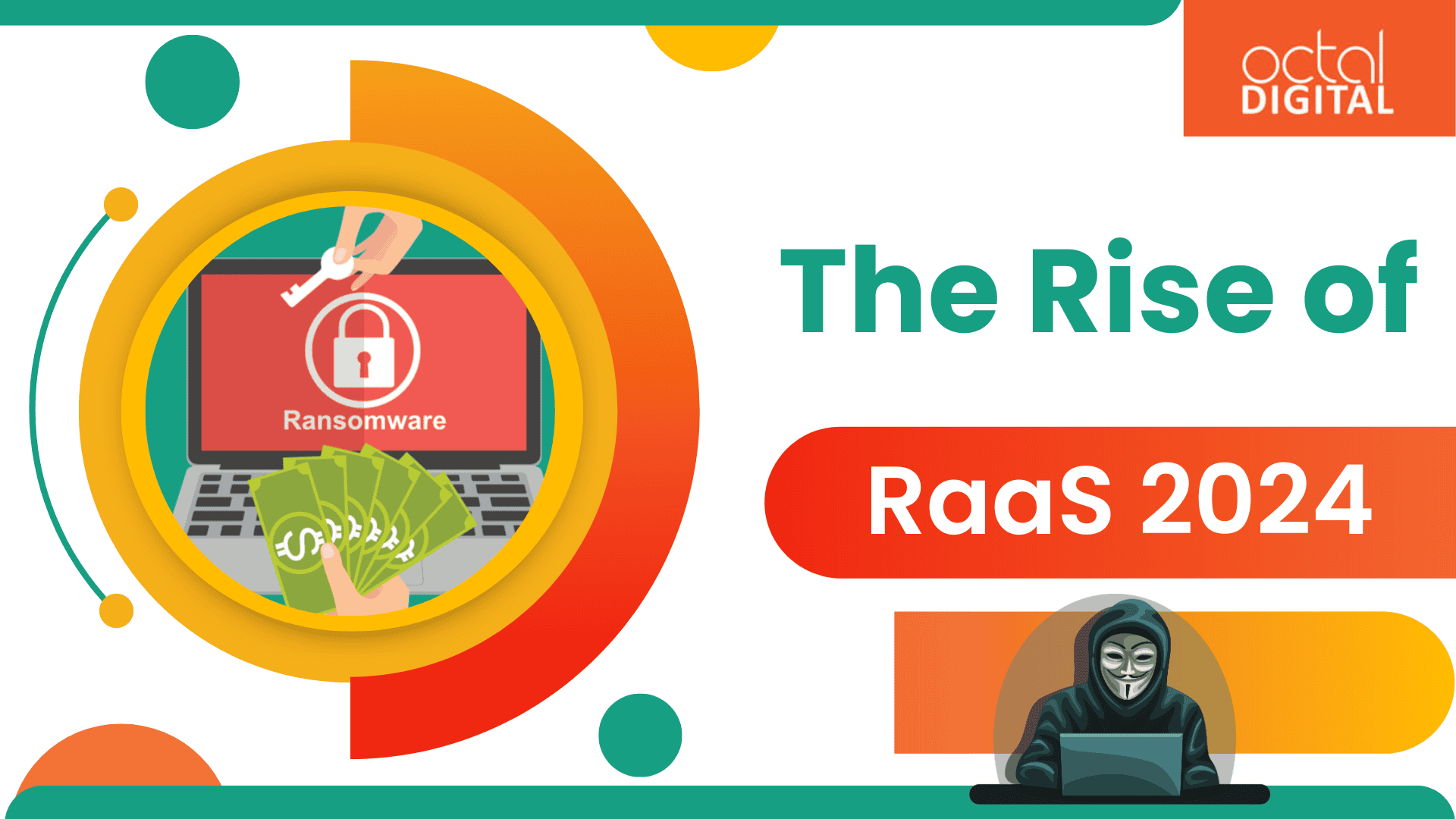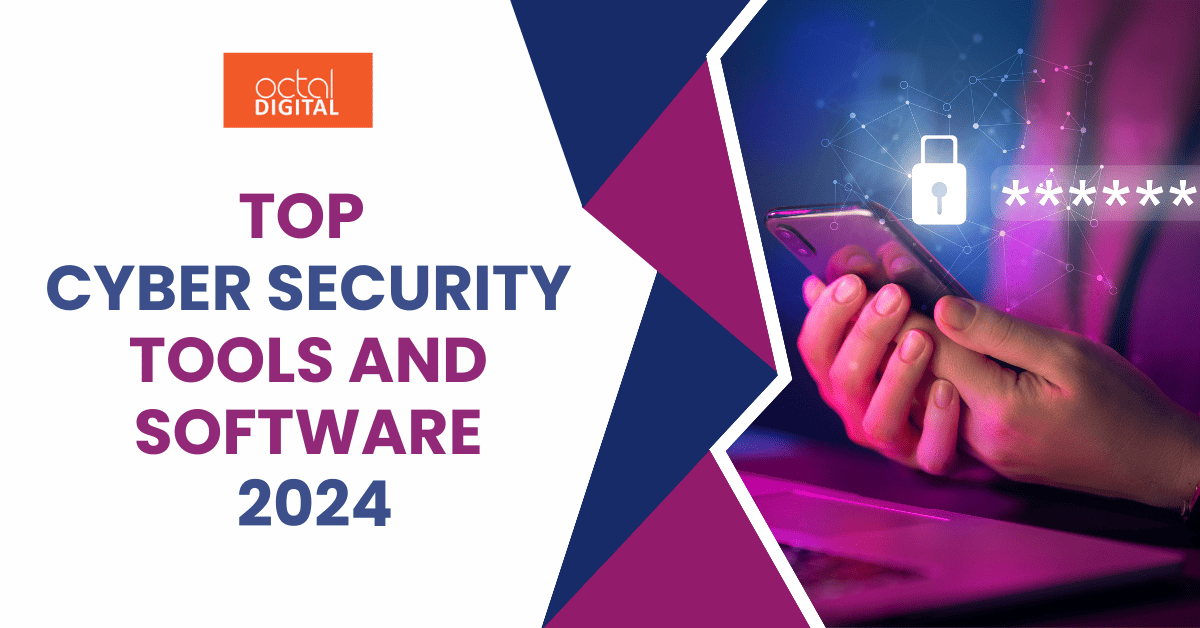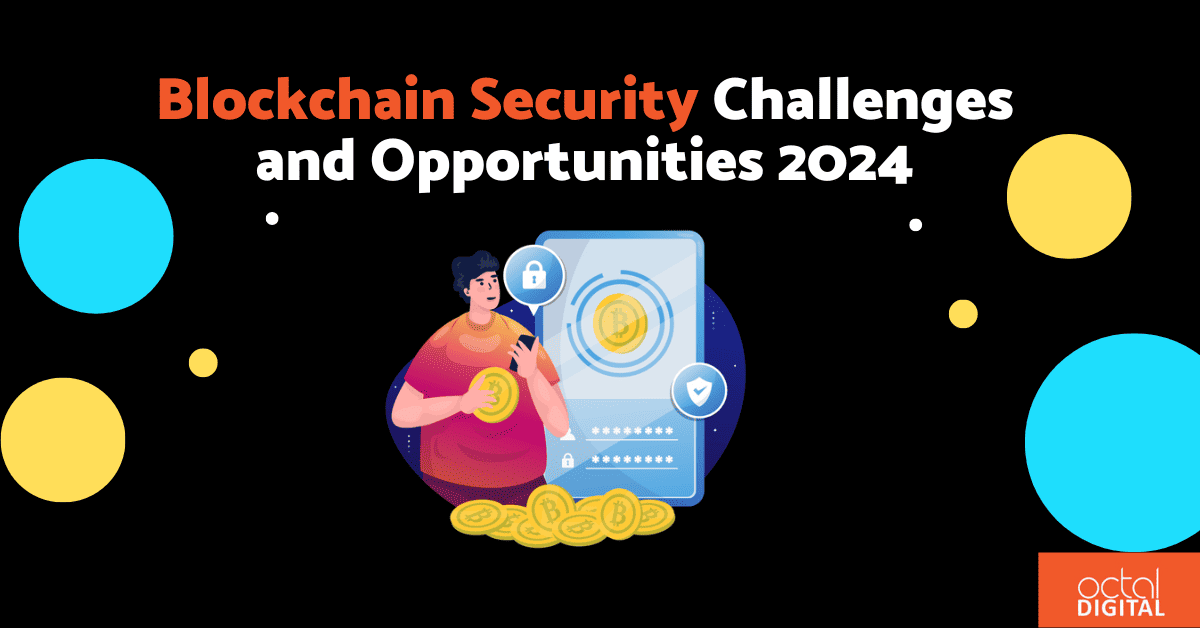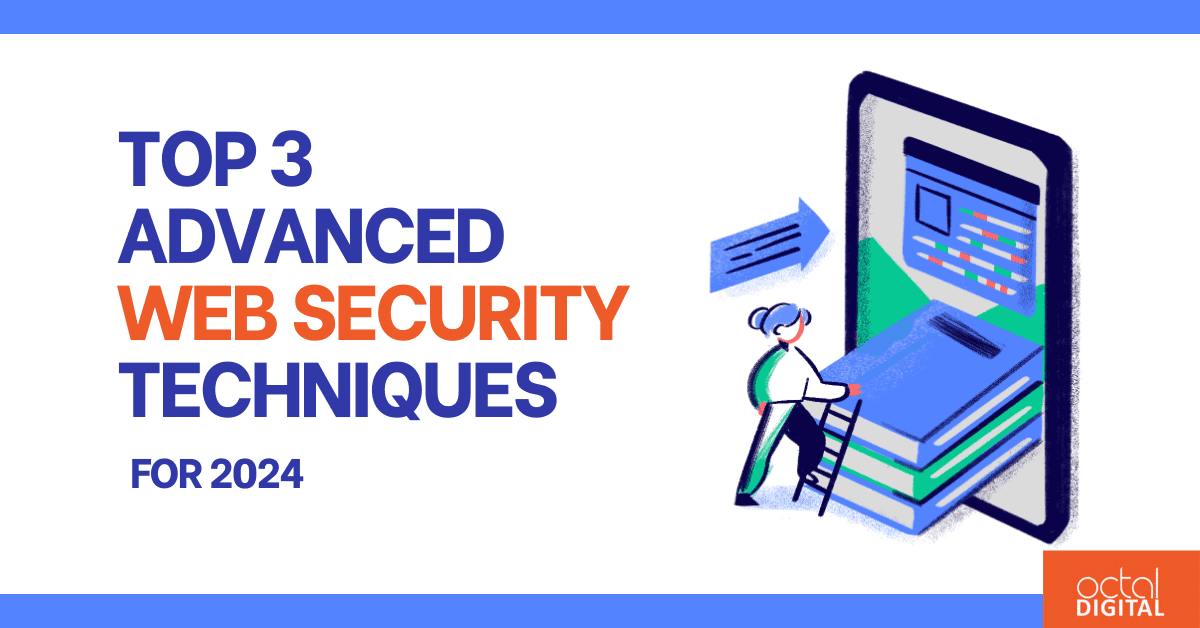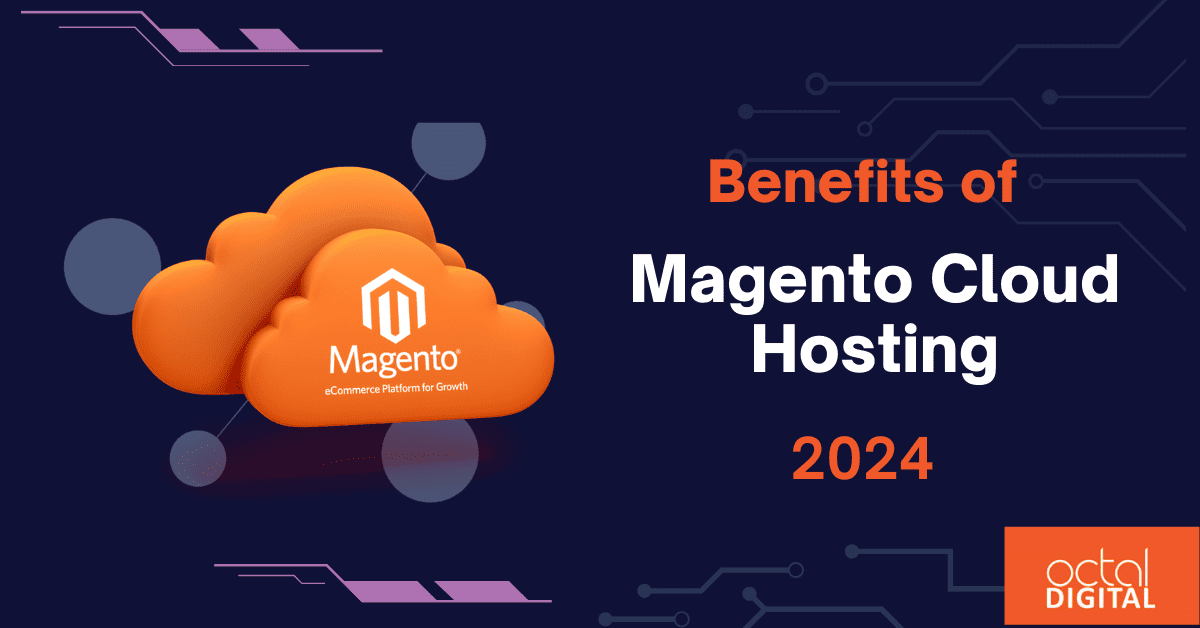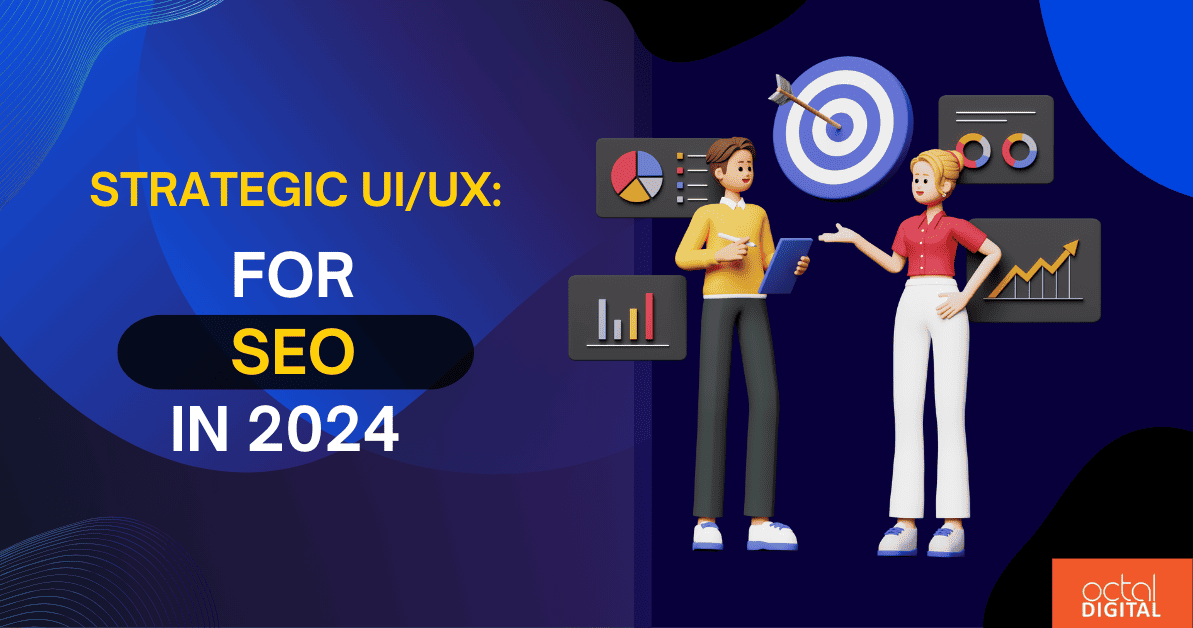In recent years, technology has emerged as a pivotal force in reshaping the landscape of healthcare. The integration of technological advancements has proven instrumental in enhancing patient care and streamlining healthcare processes. Among the various technological interventions, healthcare development apps stand out as catalysts for transformative change within the sector.
This blog aims to delve into the realm of healthcare app development, dissecting their features, the underlying technology stack, the challenges encountered, and the profound impact they have on healthcare. By providing a no-frills exploration of these critical elements, we aim to offer a comprehensive guide to those seeking a deeper understanding of the role technology plays in revolutionizing healthcare.
What is Healthcare App Development?
Healthcare apps are playing a crucial role in the contemporary healthcare landscape. These applications are designed to leverage technology to enhance various aspects of healthcare services, from patient care to administrative functions.
In simple terms, healthcare apps encompass a range of software solutions tailored to meet the unique needs of the healthcare industry. These applications are diverse, covering electronic health records (EHRs), telemedicine platforms, diagnostic tools, and more. Their primary aim is to streamline processes, improve efficiency, and ultimately contribute to better patient outcomes.
What are the Advantages and Transformative Potential of Healthcare App Development?
Integrating technology into healthcare services brings about significant advantages and has the potential to transform the entire healthcare ecosystem.
- Enhanced Efficiency: Healthcare apps streamline administrative tasks, reducing paperwork and minimizing errors. This efficiency extends to clinical workflows, allowing healthcare providers to focus more on patient care rather than cumbersome administrative processes.
- Improved Accessibility: Technology facilitates remote access to healthcare services, breaking down geographical barriers. Telemedicine apps, for instance, enable patients to consult with healthcare professionals from the comfort of their homes, increasing accessibility to medical advice and reducing the burden on physical healthcare facilities.
- Data Management and Analysis: Healthcare development apps leverage advanced data management capabilities, enabling the secure storage and efficient retrieval of patient information. Additionally, analytics tools help in deriving meaningful insights from healthcare data, aiding in better decision-making and personalized patient care.
- Patient Empowerment: Technology empowers patients by providing access to their health records, educational resources, and tools for self-monitoring. This not only enhances patient engagement but also encourages individuals to actively participate in their own healthcare management.
Our healthcare app designs are developed with scalability in mind, allowing for future growth and accommodating an increasing volume of users, data, and functionalities. Our healthcare app development services focus on creating a user-friendly interface, considering the end-user’s needs and preferences to enhance overall user experience and engagement. Adopting an Agile development methodology allows Octal Digital to respond promptly to changing requirements, ensuring flexibility and adaptability throughout the development lifecycle.
Essential Features of Healthcare App Development
Healthcare development apps are characterized by a set of essential features that collectively contribute to the efficiency, security, and accessibility of healthcare services. Let’s delve into the technical details of these key functionalities.
1. User Authentication and Authorization:
- Multi-Factor Authentication (MFA): Implementing MFA as a technical safeguard to ensure secure access to patient data.
- Biometric Verification: Utilizing biometric authentication methods, such as fingerprint or facial recognition, to enhance user identification.
- Role-Based Access Control (RBAC): Establishing RBAC mechanisms to define and manage user permissions based on their roles in the healthcare system.
2. Electronic Health Records (EHR) Management:
- Data Encryption: Employing robust encryption techniques to protect patient data during storage and transmission.
- Secure Storage Practices: Implementing secure storage solutions to prevent unauthorized access to electronic health records.
- Interoperability Standards: Adhering to interoperability standards to facilitate seamless data exchange between different healthcare systems.
3. Appointment Scheduling and Reminder System:
- Real-Time Scheduling Algorithms: Incorporating real-time scheduling algorithms for efficient appointment management.
- Automated Reminder Systems: Implementing automated reminders through diverse communication channels to reduce no-show rates.
- Electronic Calendar Integration: Integrating with electronic calendars to synchronize appointment schedules for both healthcare providers and patients.
4. Telemedicine Integration:
- Secure Video Conferencing: Ensuring the security of virtual consultations through encrypted video conferencing technologies.
- Data Exchange Facilitation: Establishing secure channels for the exchange of medical data between healthcare providers and patients.
- Regulatory Compliance: Adhering to telehealth regulations to ensure legal and ethical telemedicine practices.
5. Health Monitoring and Wearable Device Integration:
- Secure Communication Protocols: Developing secure communication protocols for seamless integration with wearable devices.
- Data Accuracy Measures: Implementing measures to ensure the accuracy and reliability of health data collected from wearable devices.
- Data Analytics for Insights: Employing data analytics to derive actionable insights from real-time health monitoring, supporting preventive healthcare.
Witness our exhaustive testing methodologies ensuring your healthcare app functions flawlessly. Our healthcare app developers guarantee a robust and error-free application, with multiple performance testing to compliance checks. We prioritize adherence to healthcare industry standards and regulations, such as HIPAA, HITECH, and GDPR, ensuring the highest level of data security and privacy.
Building the Foundation – Technology Stack
Building a robust healthcare app requires a carefully chosen technology stack that ensures efficiency, security, and a seamless user experience. Let’s dive into the technical aspects of constructing this foundation.
-
Backend Technologies:
- Databases: Utilizing databases that balance performance and data integrity is crucial. SQL databases like PostgreSQL or NoSQL databases like MongoDB may be chosen based on specific requirements.
- Server Frameworks: Selecting server frameworks, such as Django, Flask, or Express.js, to handle backend logic and facilitate communication between the app’s frontend and backend components.
- Cloud Services: Leveraging cloud services like AWS, Azure, or Google Cloud for scalable infrastructure, reliable data storage, and efficient deployment.
-
Frontend Technologies:
- User Interface Technologies: Implementing user interface technologies like React.js or Angular for responsive and intuitive interfaces. These frameworks enhance user experience by providing a dynamic and interactive front end.
- Responsive Design: Prioritizing responsive design to ensure the app’s adaptability across various devices and screen sizes. This approach improves accessibility and usability for both healthcare providers and patients.
Read Our Latest Blog: UI/UX Principles: Best Guide for 2024
-
Security Measures:
- Security Protocols: Implementing robust security protocols, such as HTTPS, to ensure secure data transmission between the app’s front end and back end. Employing Transport Layer Security (TLS) protocols adds an extra layer of encryption.
- Encryption: Utilizing end-to-end encryption to safeguard sensitive patient data, ensuring that only authorized parties can access and interpret the information.
- Secure Communication: Employing secure communication channels, such as Virtual Private Networks (VPNs), to protect data during transmission and prevent unauthorized access.
- Regulatory Compliance: Adhering to healthcare data protection regulations, such as HIPAA in the United States or GDPR in Europe, to ensure legal compliance and protect patient privacy.
Navigating Challenges in Healthcare App Development
1. Regulatory Compliance
- Regulatory Hurdles
Challenges in healthcare app development often stem from stringent regulatory requirements. Navigating compliance with healthcare regulations is crucial for ensuring app legitimacy and user safety.
- Effective Solutions
To address regulatory challenges, implementing a comprehensive compliance strategy is imperative. This includes thorough documentation, regular audits, and staying informed about evolving regulations. Collaborating with legal and regulatory experts during the development process ensures proactive compliance measures.
Explore our extensive Portfolio, showcasing our 15+ years of hold on mobile app development services in USA.
2. Interoperability
- Integration Challenges
Integration with existing healthcare systems poses a significant challenge for app developers. Lack of interoperability hampers seamless communication and data exchange between different healthcare applications.
- Standards for Interoperability
Establishing and adhering to interoperability standards is key to overcoming integration challenges. Embracing widely accepted protocols and standards, such as HL7 (Health Level Seven) and FHIR (Fast Healthcare Interoperability Resources), promotes compatibility and facilitates smooth communication between healthcare apps and existing systems.
3. Data Privacy and Security
- Security Threats
Healthcare apps are prime targets for security threats due to the sensitive nature of health data. Common threats include data breaches, unauthorized access, and malicious attacks.
- Strategies for Robust Security
To ensure robust data privacy and security, developers must employ encryption mechanisms for data transmission and storage. Implementing multi-factor authentication and regular security audits helps identify vulnerabilities. Additionally, staying compliant with industry-specific data protection regulations, like HIPAA (Health Insurance Portability and Accountability Act), is non-negotiable.
Addressing challenges in healthcare app development requires a proactive approach. Developers must navigate regulatory complexities, establish interoperability through adherence to standards, and prioritize robust data privacy and security measures to create reliable and compliant healthcare applications.
Ready to discuss your healthcare app needs? Schedule a consultation with our technical experts at Octal Digital, a leading healthcare app development company. Benefit from our in-depth knowledge and experience to shape your project for success, with our dedicated integration of AI, IoT, and other innovations to elevate your healthcare app.
Conclusion
Healthcare development apps play a crucial role in revolutionizing healthcare by improving efficiency, accessibility, and patient outcomes. These apps incorporate features like secure user authentication, electronic health record (EHR) management, telemedicine integration, and health monitoring, utilizing advanced technology to enhance the overall healthcare experience. A carefully selected technology stack, encompassing both robust backend and frontend technologies, establishes a secure foundation for these applications. Despite challenges in regulatory compliance, interoperability, and data security, a proactive approach involving compliance strategies, adherence to standards, and robust security measures is imperative.
Ongoing collaboration between developers, healthcare professionals, and regulators is essential for the responsible and ethical deployment of healthcare development apps. The continuous innovation in this field holds the promise of further advancements, ultimately benefiting patients and advancing the overall healthcare ecosystem.
FAQs
- How do healthcare apps enhance patient care and contribute to better outcomes?
Healthcare development apps streamline administrative tasks, improve accessibility through telemedicine, facilitate efficient data management and analysis, and empower patients with access to their health records. These features collectively contribute to enhanced patient care and improved healthcare outcomes.
- What are the essential features of healthcare apps that ensure efficiency, security, and accessibility?
Key features include user authentication with multi-factor authentication and biometric verification, electronic health record (EHR) management with data encryption and secure storage practices, appointment scheduling with real-time scheduling algorithms, telemedicine integration with secure video conferencing, and health monitoring with wearable device integration and data analytics.
- What technology stack is crucial for building robust healthcare apps?
The technology stack involves backend technologies such as databases (e.g., PostgreSQL, MongoDB), server frameworks (e.g., Django, Flask, Express.js), and cloud services (e.g., AWS, Azure, Google Cloud). Frontend technologies like React.js or Angular, responsive design, and robust security measures, including HTTPS, end-to-end encryption, and compliance with healthcare regulations, are also essential components.
- What are the main challenges faced in healthcare app development, and how can they be addressed?
Common challenges include regulatory compliance, interoperability issues, and data privacy and security concerns. Solutions involve implementing a comprehensive compliance strategy, adhering to interoperability standards, and prioritizing robust data privacy and security measures, including encryption, multi-factor authentication, and compliance with industry-specific regulations like HIPAA.





